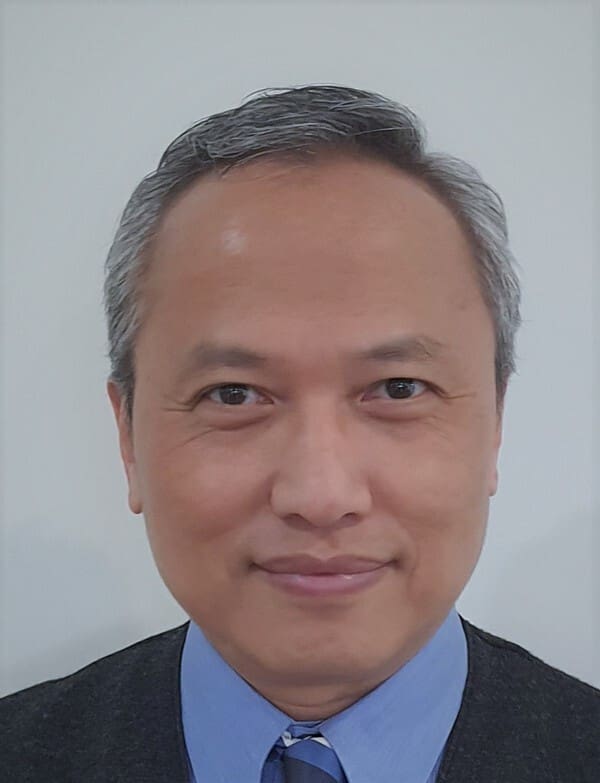Looking for an integrative doctor near me? Integrative medicine combines the best of conventional medicine with complementary and alternative therapies. This patient-centred approach focuses on treating the whole person. Our listed integrative doctors work collaboratively with you to develop a personalised plan that addresses the root cause of your health concerns. They are skilled in utilising traditional Western medicine alongside evidence-based complementary therapies such as acupuncture, massage therapy, and nutritional counselling.
This integrative approach can offer a multitude of benefits. It can help manage chronic conditions, improve mental and emotional well-being, and enhance your overall sense of vitality. If you're looking for a healthcare provider who listens to your concerns and tailors a plan to your unique needs, consider seeking an integrative doctor near you.











